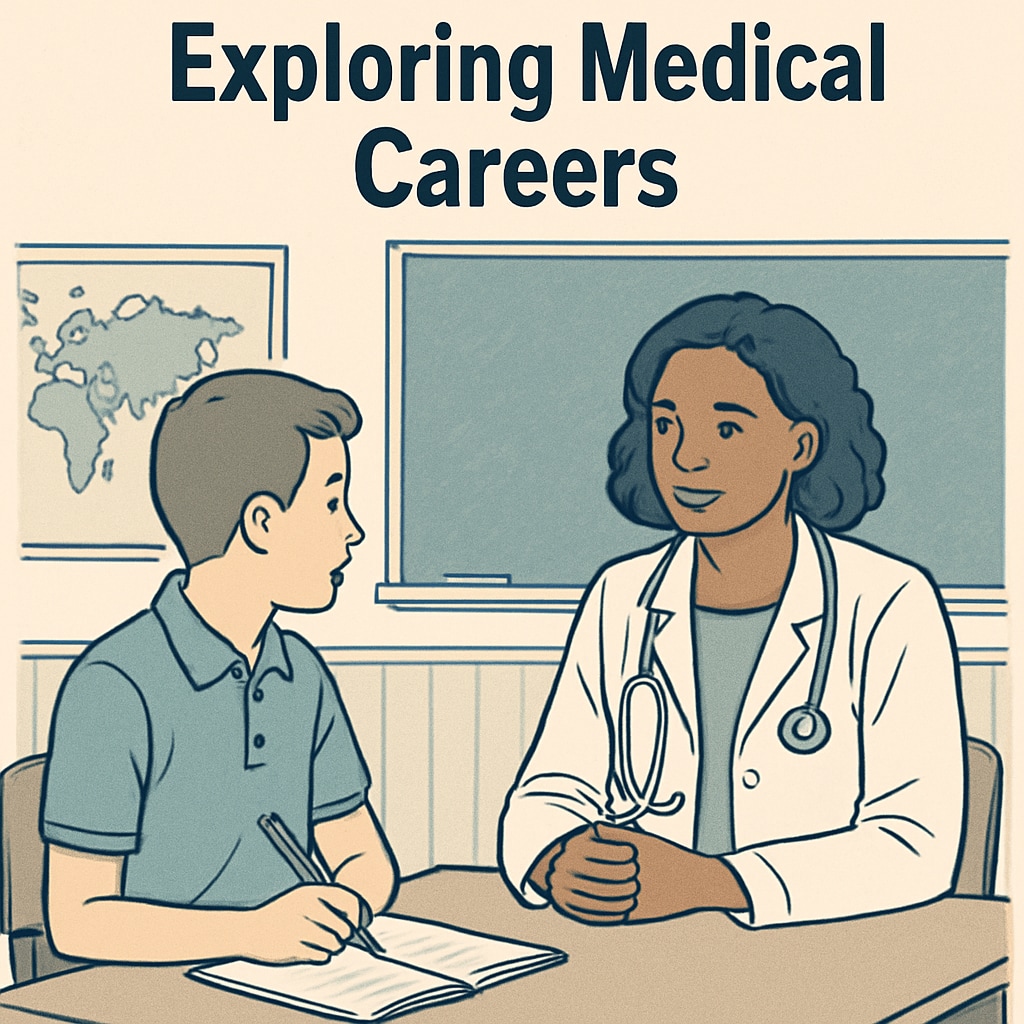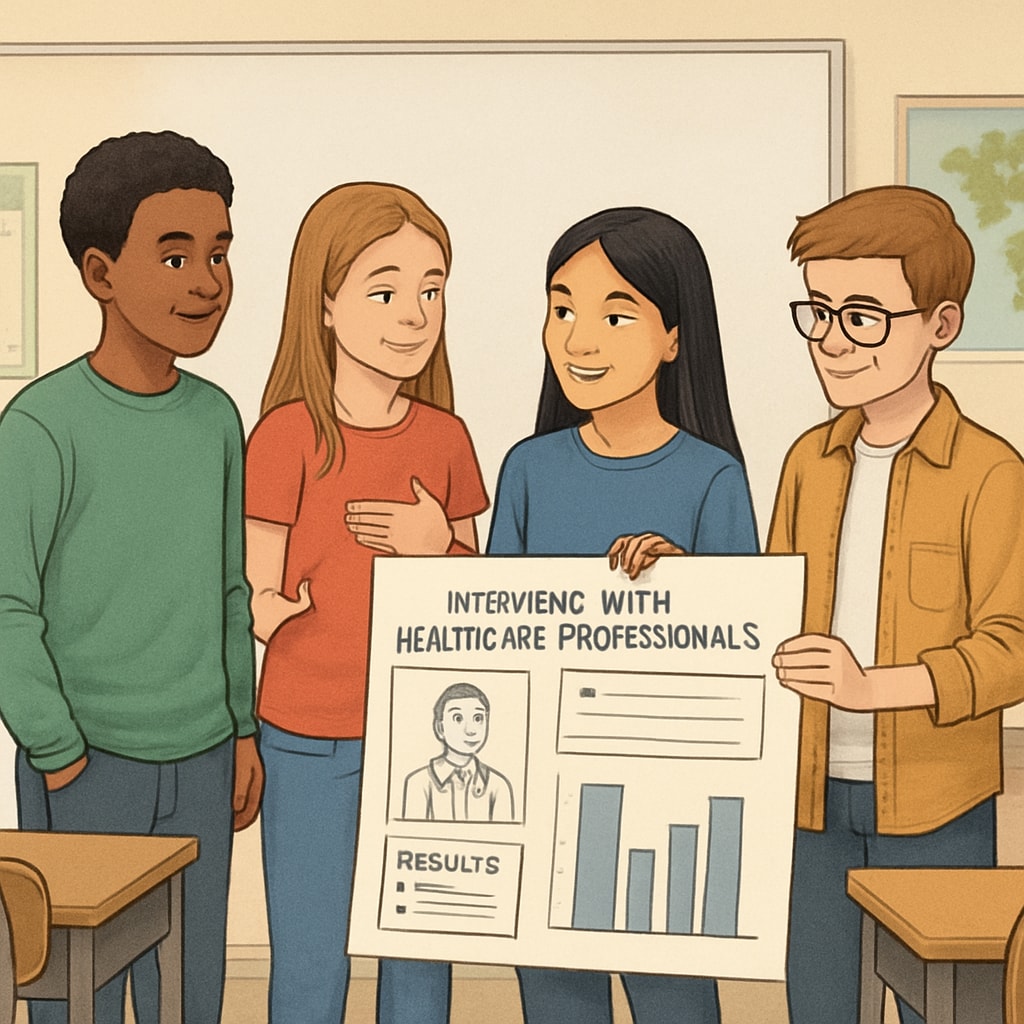Incorporating medical career interviews into structured school projects is a powerful way to introduce students to real-world professions while enhancing their critical thinking and interpersonal skills. These activities are particularly valuable for K12 students, offering a direct glimpse into the complexities of a medical career. By asking thoughtful interview questions, students gain knowledge that influences their academic and professional decisions, shaping their future pathways in meaningful ways.
Why Structured Career Exploration Matters in K12 Education
In the K12 educational phase, students are at a critical juncture where they begin to explore potential career directions. Structured activities such as medical career interviews help bridge the gap between theoretical learning and practical insights. These interviews provide students with:
- Real-world exposure to day-to-day responsibilities in medical professions.
- Opportunities to understand the educational and training pathways required for success in the field.
- Chances to develop their communication and critical thinking skills through meaningful dialogue.
For example, a student interested in becoming a surgeon might interview a professional to learn about the years of schooling, residency, and hands-on training involved. This practical knowledge helps align their aspirations with actionable academic steps.

Engaging Students Through Medical Career Interviews
Effective school projects centered on medical career interviews are not just about asking questions; they involve planning, execution, and reflection. Here’s how schools can structure these activities:
- Preparation: Students research the medical profession they are interested in and prepare insightful questions about the career’s demands, rewards, and challenges.
- Execution: Teachers or administrators arrange interviews with professionals, either in-person or virtually, ensuring students have adequate time for interaction.
- Reflection: Students summarize their findings, share insights with peers, and discuss how the experience has shaped their career aspirations.
These steps ensure that the process is both educational and engaging. As a result, students are better equipped to make informed decisions about their future educational and career goals.

The Broader Benefits of Career Interviews in K12 Education
Medical career interviews are not just about learning specific job roles; they offer broader benefits that enhance a student’s overall development. Here are some of the key advantages:
- Critical Thinking: Students learn to analyze and interpret complex information shared by professionals.
- Social Skills: Conducting interviews helps students practice effective communication, an essential skill for any profession.
- Networking Opportunities: Early interactions with professionals can open doors to mentorships and future opportunities.
Additionally, by engaging with professionals, students gain a realistic understanding of the challenges and rewards associated with medical careers, helping them assess whether their interests and aptitudes align with the field.
Conclusion: Empowering the Next Generation Through Career Exploration
Integrating activities like medical career interviews into K12 school projects is an invaluable strategy for preparing students for real-world challenges. These interactions provide not only a clearer picture of professional pathways but also foster skills like critical thinking, communication, and decision-making. As educators and institutions, placing emphasis on such hands-on learning experiences ensures that students are better equipped to succeed in their future endeavors.
For more information on the importance of career exploration in education, visit Career Education on Wikipedia or explore professional development resources on Britannica’s Education section.


